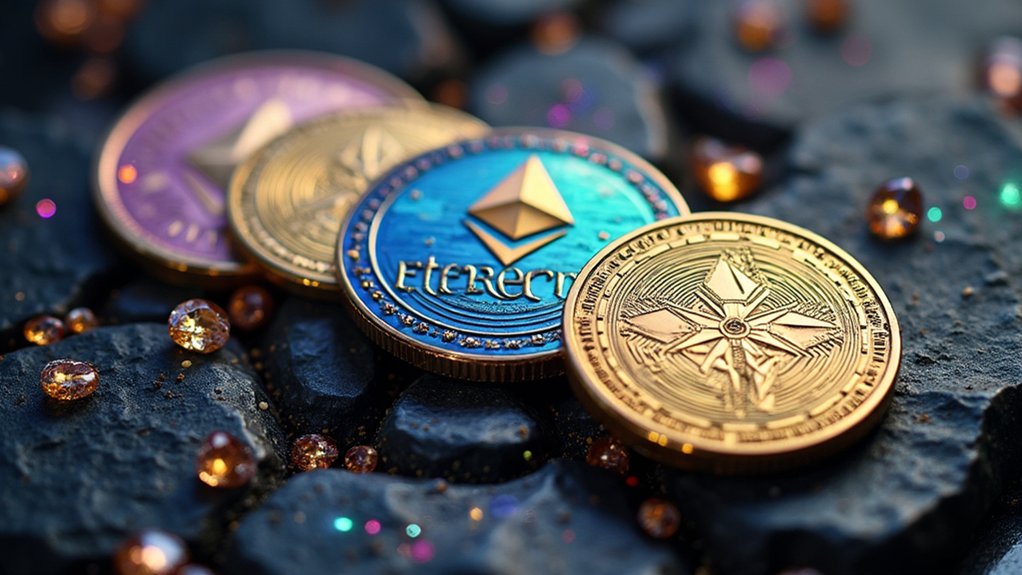Revolution, it seems, has finally knocked on the doors of Germany’s most conservative banking institution. Sparkassen, the country’s sprawling network of savings banks that has served as the financial backbone for everyday Germans since the 18th century, has announced plans to transform its 50 million retail clients into potential cryptocurrency traders by 2026.
This dramatic pivot—from cautious observer to active participant in digital asset markets—represents more than institutional evolution; it signals a seismic shift in European banking culture. The catalyst? The EU’s Markets in Crypto-Assets (MiCA) regulation, which has provided the regulatory clarity that traditional banks desperately needed to justify their foray into what was once considered the Wild West of finance.
Sparkassen’s approach demonstrates remarkable strategic sophistication. Rather than relegating crypto trading to a separate platform (as many competitors have done), the bank will integrate Bitcoin and Ethereum trading directly into its existing mobile banking applications through DekaBank, its securities division. This seamless integration transforms cryptocurrency from exotic alternative investment into mundane banking service—a normalization that could prove revolutionary for retail adoption across Europe.
By embedding crypto trading within everyday banking apps, Sparkassen transforms digital assets from exotic investments into routine financial services.
The competitive dynamics driving this decision are equally fascinating. While fintech firms and even cooperative banks like Volksbanken have already captured market share in German crypto trading, Sparkassen’s massive client base positions it to dwarf existing players virtually overnight.
This contrasts sharply with French giants BNP Paribas and Société Générale, who have focused primarily on institutional custody and tokenization services rather than retail accessibility. The timing coincides with a broader industry clean-up that has removed unreliable business models and speculative traders from the cryptocurrency market. Unlike DeFi platforms that operate as a parallel financial universe without traditional intermediaries, Sparkassen’s approach maintains the familiar banking structure while incorporating digital assets.
The bank’s self-directed trading model, complete with volatility warnings and risk notifications, reflects a pragmatic acknowledgment of cryptocurrency’s inherent unpredictability while maintaining the regulatory compliance necessary under MiCA. Such measured enthusiasm—if that’s not an oxymoron—suggests Sparkassen recognizes both the opportunity and the reputational risks involved.
Perhaps most intriguingly, this move forces a fundamental question about the future of European banking: when even Germany’s most conservative financial institutions embrace digital assets, can we truly consider cryptocurrency adoption optional rather than inevitable?
The answer may reshape not just German finance, but European banking’s entire competitive landscape.









